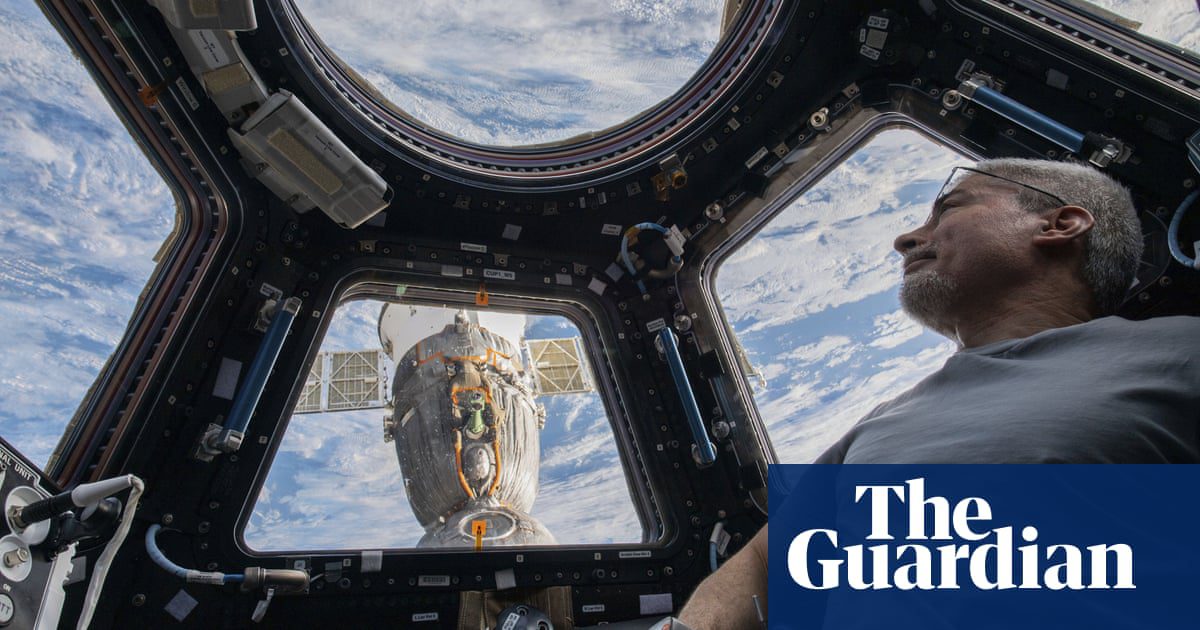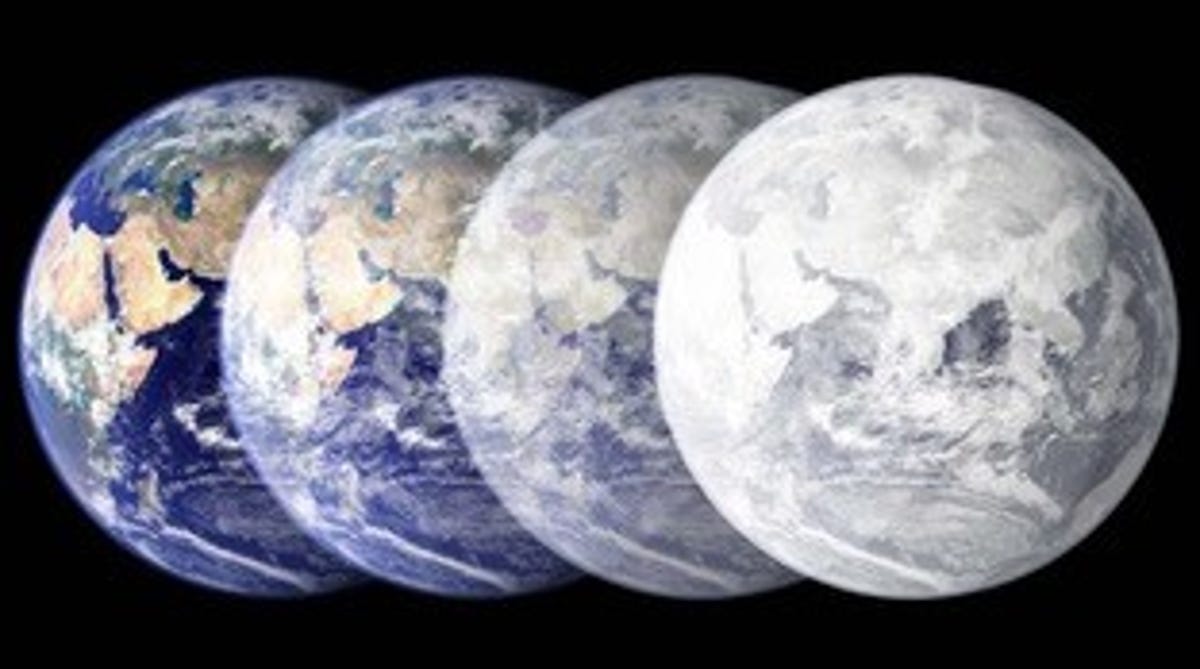
While many travelers appreciate a spotless accommodation, research suggests that the exceptional cleanliness of the International Space Station (ISS) may be adversely affecting the health of astronauts, prompting scientists to propose a slight increase in its microbial presence.
A recent study revealed that the ISS is remarkably lacking in the diverse range of environmental microbes typically found in natural settings like soil and water, which are believed to support a robust immune system. This scarcity of microbial variety may contribute to the immune-related health issues many astronauts face, including rashes, cold sores, fungal infections, and shingles.
The researchers suggest that introducing these beneficial microbes into space habitats in the future could enhance the well-being of astronauts without compromising cleanliness. “Future constructed environments, such as space stations, could gain from promoting diverse microbial communities that more closely resemble the natural microbial exposure found on Earth, rather than depending on extreme sterilization,” stated Rodolfo Salido from the University of California, San Diego, who co-authored the study.
In collaboration with astronauts, the team collected samples from 803 different surfaces within the ISS. They analyzed these samples back on Earth to determine the types of bacterial species and chemicals present.
The findings indicated that human skin was the primary source of microbes on the ISS, though the concentration varied throughout the station. Areas designated for dining and food preparation exhibited a higher presence of food-related microbes, while the space toilet showed a greater variety of microbes associated with waste. In contrast to many terrestrial samples, the surfaces of the ISS lacked free-living environmental microbes typically found in soil and water.
Prof. Rob Knight, a microbiologist at the University of California, San Diego, and a senior author of the study, remarked: “There’s a significant distinction between engaging with healthy soil while gardening and being confined in an enclosed environment devoid of external healthy microbial sources.”
The study also noted a pervasive presence of chemicals derived from cleaning agents and disinfectants throughout the ISS. The microbial environment of the ISS was found to be most similar to that of industrialized and isolated spaces on Earth, such as hospitals, as detailed in the research published in the journal Cell.
“If we truly aim to support life beyond Earth, we cannot merely transport a small segment of the tree of life into space and expect it to thrive,” Salido noted. “We must consider which beneficial organisms we should accompany our astronauts with to facilitate the development of sustainable ecosystems beneficial for all.”
Dr. Odette Laneuville, a biologist at the University of Ottawa and not part of this research, emphasized the importance of environmental factors for immune system functioning, stating, “The environment plays a crucial role as it continuously senses pathogens, triggering appropriate immune responses.”
However, she cautioned against hastily introducing Earth microbes into space, saying, “We certainly don’t want parasites and fungi traveling with us.”









